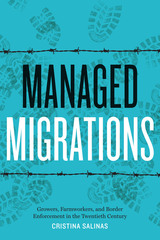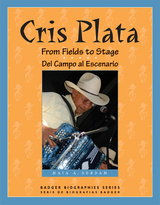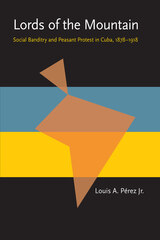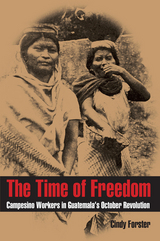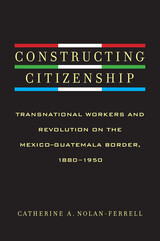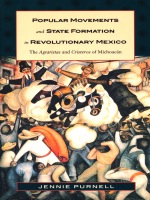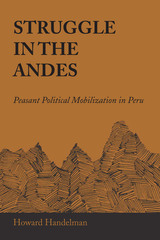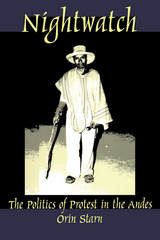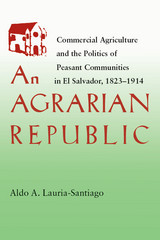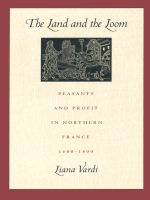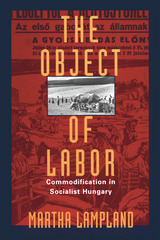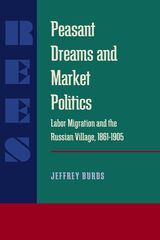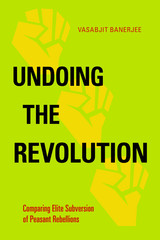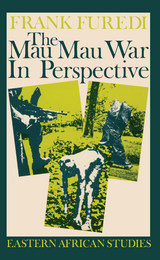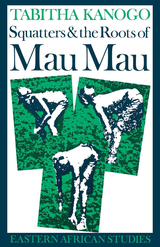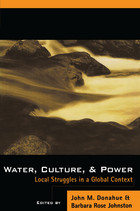Bisson has distinguished himself with a number of careful scholarly monographs on the politics and finance of southern France and Spain in the Middle Ages. But in this book, although he necessarily draws on this research, Mr. Bisson breaks new ground. A historian of the elite—of kings, parliaments and treasuries—turns his considerable analytic powers to the question of village society and culture. Catalonia, the author’s chosen area of research, has one of the richest documentary traditions in Europe, and in the last half-century scholars have begun to exploit with care and missionary zeal the cache of records that have survived. Focusing on a group of complaints from several Catalonian villages in the middle and late 12th century, Mr. Bisson tries to dispel layer after layer of distortion in these records in order to recover the ‘tormented voices’ of named and unnamed peasants who were at their wits’ end in resisting lordly power… This is a remarkable book, not only because it sets the record straight on rural violence in the Middle Ages, but because it is written with passion… Bisson succeeds in recovering the tormented voices of these Catalonian peasants, ‘what they spoke of in words that we have, or almost have; what some ones once, momentarily, thought memorable, and what I,’ the author writes, ‘have tried to read, to hear, to hold in the names and voices; in what we have of these people—and all that we have.’
-- William Chester Jordan Washington Times
Tormented Voices is a microhistory meant to illuminate the condition of the peasantry and to bolster a broader thesis about sociopolitical crisis in the twelfth-century Catalan countryside. The book is built on a tenuous documentary base of sixteen parchments comprising villagers’ complaints of maltreatment addressed to the count of Barcelona, Raimund Berenguer IV (1131–62), and his son, Alfonso I of Aragon (1162–96). It is a testimony to Thomas Bisson’s erudition and imagination that he has fashioned a stimulating study from these unpromising sources.
-- James M. Boyden Journal of Church and State
This book by Thomas N. Bisson is a tour de force. With the erudition and passion of a great medievalist, he summons from archival documents the plaintive voices of the peasants of twelfth-century Catalonia. We are moved by the social and human distress manifested in the actual grievances of people who were at the very bottom of the oppressive feudal system. History here makes audible the emotions and sufferings of society’s lowliest members.
-- Jacques Le Goff, École des Hautes Études en Sciences Sociales
In this extraordinary, engaging and thoughtful book, Thomas N. Bisson, one of the foremost medievalist in the world, has crafted a most original and insightful ‘thick description’ and ‘thick’ analysis of the uses and misuses of power in mid-twelfth century Catalonia… Impeccable use of the sources, art in mining information from the memorials and placing his findings within a wider context…mastery of the secondary literature… A wise book, a work in which the author’s empathy for his subjects—those faceless but now no longer nameless peasants—shine through like a dazzling bolt of lightning. His lyrical descriptions of the Catalonian peasantry, of their plight, his reflections on the nature of power, his attempts at and success in bringing the tormented peasants to life are deeds of remembering, of inscribing or, better yet, of reinscribing the peasants’ lives and words into the historical present and, far more importantly, into our consciousness and heart… This is a great and very special book.
-- Teofilo F. Ruiz, University of California, Los Angeles

